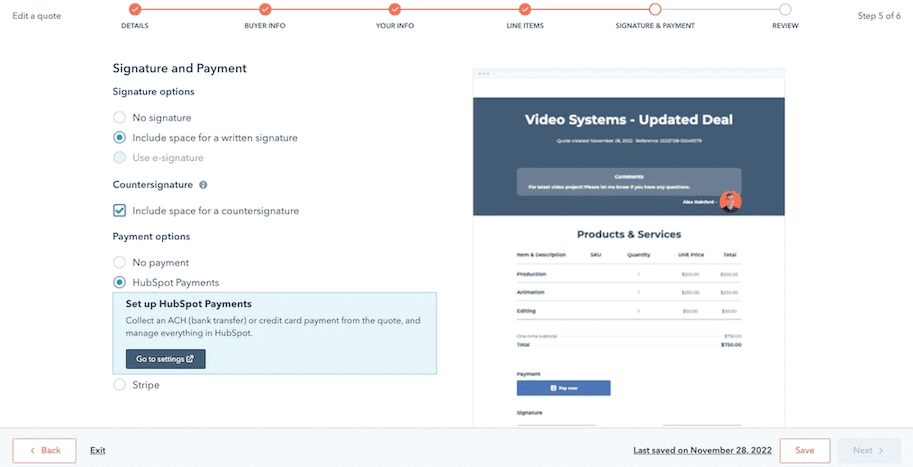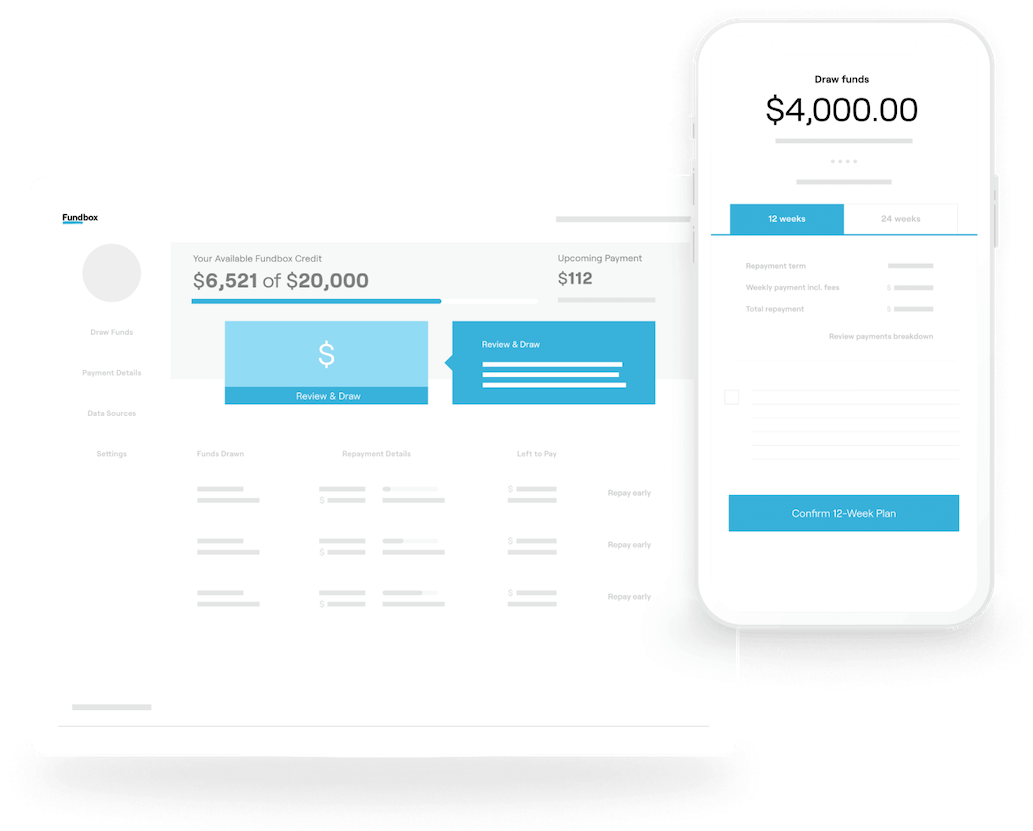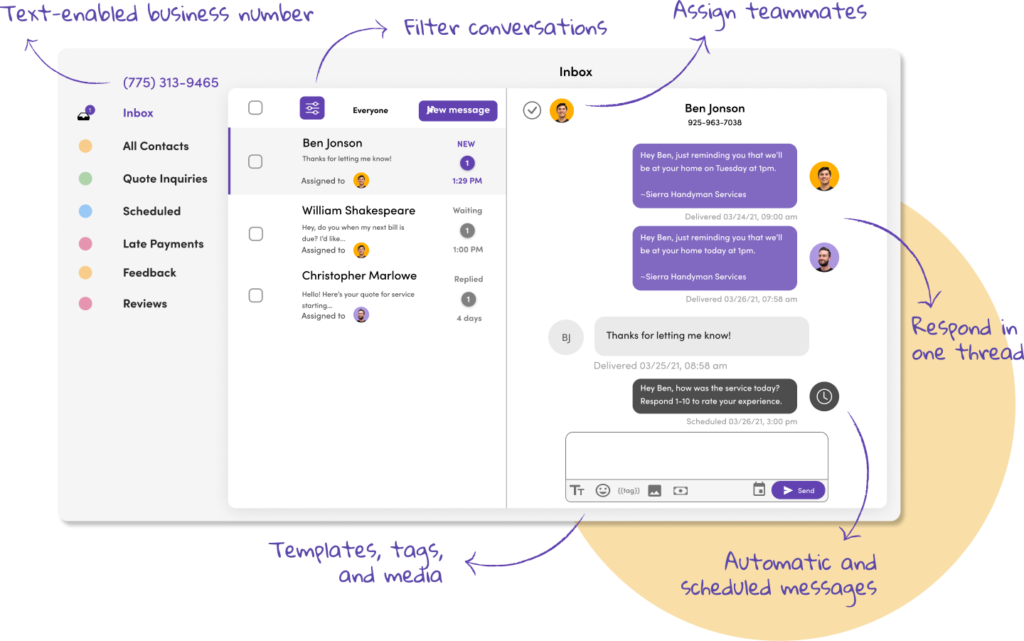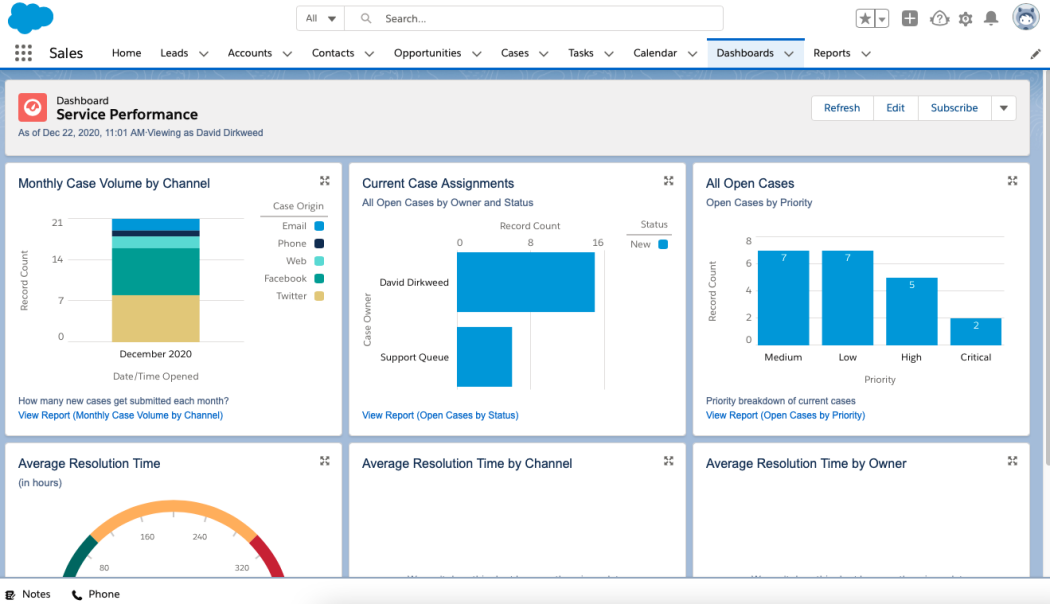It’s a great idea to expand the functionality of QuickBooks with add-on software. There are a variety of products made for enhancing QuickBooks and optimizing your business processes.
Whether you’re looking to sync data or to export QuickBooks data for use in other applications, there’s a solution for you.
In this article, you’ll learn how to leverage the power of cloud-based software that works with QuickBooks.
What is QuickBooks?
QuickBooks is a popular accounting software designed to help small and medium businesses manage their finances.
How QuickBooks works
QuickBooks offers a range of accounting tools that simplify the way businesses track expenses, manage bills, and more. This is possible thanks to features such as:
- Invoicing.
- Financial reporting.
- Payroll management.
To get the most out of QuickBooks, many users leverage third-party integrations.
When it comes to software that works with QuickBooks, there are few things you should consider, including the software’s features.
Let’s take a look at common features that QuickBooks apps provide.
What features do QuickBooks apps provide?
It’s easy to find software that works with QuickBooks. What’s more challenging is finding software with the features that your business needs.
Some of the top features found in the best QuickBooks integrations include:
- Expense management.
- Time tracking.
- Invoicing and payment processing.
- Reporting apps.
Let’s take a look at the different types of QuickBooks apps.
Different types of QuickBooks apps
There are QuickBooks apps for almost every workflow. There are even QuickBooks apps used to integrate other software with QuickBooks for enhanced functionality.
Here are some of the most common types of QuickBooks apps:
- Customer relationship management (CRM) apps.
- Enterprise resource planning (ERP) apps.
- HR apps for managing employees.
- Advanced accounting apps.
- E-commerce integrations.
It’s important to note that for certain apps, you may need to configure settings for software integration with QuickBooks. You may also need to adapt QuickBooks functions to work with specialized software. However, this is a small hurdle for a huge reward.
With these types of apps in mind, let’s discuuss the benefits of QuickBooks integration software.
Benefits of using software that integrates with QuickBooks
Integrating software that works with QuickBooks into your processes brings a series of benefits to your business.
To give you an idea, here are the main benefits of QuickBooks integrations.
Streamline business processes
Streamlining your business processes involves configuring your operations within your organization. This reduces repetitive activities and enhances productivity.
Software that works with QuickBooks provides you with tools to streamline your processes, such as:
- Automation.
- Additional integrations.
- Customization capabilities.
Reduce manual data entry errors
With certain QuickBooks software solutions, you don’t have to worry about coordinating with your team to keep everyone on the same page.
Some QuickBooks apps simplify the way you import data, so that you can say goodbye to manual data entry and errors.
Improve accuracy of financial reports and records
When you no longer have to worry about manual data entry, you can worry less about accuracy.
The top software ensures that your data is consistent throughout your platforms, increasing the accuracy of the details in your financial reports.
Increase efficiency and save time
Some software makes manually importing and exporting data a thing of the past.
Thanks to synchronization, data can easily flow between Quickbooks and your integrated software to ensure that your data is always updated.
Automate payment and payment reminders
When it comes to saving time and driving efficiency, automation is the answer.
With third-party software, automating your QuickBooks workflows is a breeze. Automate accounting tasks such as:
- Payment approvals and processing.
- Bill payments.
- Expense and transaction tracking.
Real-time access to financial data
A busy business can change as often as every second. The right software helps you keep track of your bookkeeping, updating you on changes in real time. This allows you to catch issues before they become bigger problems.
Now that you know the benefits of using software that works with QuickBooks, let’s take a look at the different types of QuickBooks software available.
Types of software that can be used with QuickBooks
Running your company requires many moving parts, and there’s software out there to support each of those parts.
Let’s take a look at the different types of software to choose from.
Inventory management systems
Companies that handle a lot of inventory need to keep track of several elements, including:
- Vendors.
- Orders.
- Customers.
Inventory management systems keep track of all of this and more by expanding QuickBooks inventory capabilities. This is especially true if you choose software with automatic updates and customizable reports.
Expense tracking tools
When you lose track of expenses, you risk messing up your cash flow. This is especially true if you have multiple QuickBooks accounts.
Expense tracking software, such as Expensify, allows you to manage your expenses in Quickbooks, ensuring that every dollar is accounted for.
Expense tracking tools allow you to:
- Pay bills on time.
- Track receipts.
- Manage transactions.
- Monitor profits.
Customer relationship management (CRM)
Customers keep your business running, so it’s a good idea to link QuickBooks with CRM tools for better customer management.
A CRM makes supporting your clients much simpler as you’re able to keep track of them more easily. With features such as dashboards for an at-a-glance view of your customers and automated responses, each customer gets the attention they need.
Time tracking solutions
If you manage employees, time tracking is a key factor in your accounting. Making sure your employees are paid accurately is crucial, so it’s good to have software that supports that.
Time tracking software that works with QuickBooks lets you pay your employees the money that they’re owed. It can also simplify the approval process to ensure that they’re paid on time.
Credit card processing solutions
Credit cards are the most common form of payment in the U.S today, so it’s essential to have an efficient way to process those payments.
The main benefit of using credit card integrations is that it expands payment options for your clients, providing an unforgettable customer service.
Project management tools
Learning to collaborate on financial tasks using QuickBooks and project management tools keeps your team on track.
Project management tools can also be used to import data from other software into QuickBooks, or form to-do lists and assign tasks to team members.
Let’s take a look at the best third-party software for QuickBooks users.
Top best software that works with QuickBooks
By linking your QuickBooks account to third-party apps, you unleash the full power of QuickBooks. The right software for your businesses just depends on your business needs.
Discover the top software solutions below to find one that checks off all of your boxes.
Method CRM
Method is the number one QuickBooks CRM, and has everything you need to run your business.
With Method, you don’t have to worry about adapting your business to a new software. Method’s customization capabilities let you turn the platform into a personalized solution.
Inform your future business plans with custom reports. Method’s reports can paint an accurate picture of your business as it is, and guide you towards where you want it to be.
Syncing data has never been easier with Method’s two-way QuickBooks sync. No more manually updating each platform – when you make updates in Method, the changes automatically sync to QuickBooks, and vice versa.
Other notable Method features include:
- The ability to convert estimates to invoices.
- Lead generation forms for your website.
- A mobile app for on-the-go updates.
- Automated sales and marketing workflows.
- Integrations such as Gmail, Outlook, and Google Calendar.
What’s more, Method is one of the best apps for QuickBooks Desktop and QuickBooks Online, making it among the most versatile software choices out there.
HubSpot

Image credit: HubSpot
HubSpot is a CRM platform known for its advanced marketing capabilities. When combined with QuickBooks, HubSpot improves data consistency between your sales, marketing, and accounting teams.
Here are some of HubSpot’s key features:
- Create invoices directly from deal records in HubSpot.
- See payment events on the deal timeline.
- Custom sync settings and rules to control information flow.
Fundbox

Image credit: Fundbox
Fundbox provides working capital solutions to small businesses, offering up to $150,000.
Fundbox funding allows businesses to access credit and bridge cash flow gaps. Businesses can get approved based on their financial data in QuickBooks.
Funbox benefits include:
- Quick and easy application.
- Fast access to funds – sometimes as soon as the next business day.
- Flexible repayment terms.
MessageDesk

Image credit: MessageDesk
When it comes to software that works with QuickBooks, MessageDesk is a great option. It’s ideal for companies where multiple team members are collaborating at any given point.
MessageDesk provides a shared inbox from a shared inbox, so QuickBooks Online users can text as a team from a single company phone number.
Key MessageDesk features include:
- Order tracking and updates.
- Customer communication through various channels.
- Integrations with other CRMs including Salesforce and HubSpot.
Salesforce

Image credit: PC Mag
The last software that integrates with QuickBook on our list is Salesforce.
Salesforce is a CRM that manages customers, sales, vendors, and more. Integrating Salesforce and QuickBooks allows information to flow between the two platforms to improve efficiency and data accuracy.
Key Salesforce features include:
- Quote-to-cash automation for revenue recognition.
- Payment tracking and invoicing.
- Advanced reporting and analytics.
What should you look for in a QuickBooks Online integration?
When considering the top features needed to launch your business forward, consider what you might use the software for:
- To automate repetitive tasks using software that works with QuickBooks.
- To manage invoices and payments with QuickBooks and payment gateway software.
- To coordinate financial and non-financial tasks using QuickBooks and productivity tools.
- To incorporate QuickBooks data into custom software applications.
- To enhance reporting capabilities by integrating data analytics tools with QuickBooks.
The best advice is to assess your business as it is right now, and determine where you want it to be. From there, you can figure out what solution will bring you to that desired place of success.
How to select the best QuickBooks apps
To choose the best software that works with QuickBooks, it’s important to understand your business needs and how software can help you achieve your goals.
For example, if you’re in the field service industry, you may want to optimize workflow by connecting QuickBooks with scheduling software. If you’re in HR, you may want to support payroll functions by integrating HR software with QuickBooks.
Larger businesses may want to improve business intelligence by connecting QuickBooks with BI tools.
Key takeaways
Incorporating software that works with QuickBooks into your workflows is a game changer for your business.
No matter what version of QuickBooks you use – Online or Desktop – there are a variety of tools that can improve the way you use your favorite accounting software.
FAQs
What types of software can be integrated with QuickBooks?
There are many different types of software that can be integrated with QuickBooks.
For example, there are tools made to update records simultaneously in QuickBooks and other software. There are also tools that simplify filing taxes based on financial data in QuickBooks.
Other software that can be integrated with QuickBooks include:
- CRMs.
- E-commerce platforms.
- Payroll services.
How does software integration enhance the functionality of QuickBooks?
Software integrations enhance QuickBooks by allowing it to work with other apps and services.
Data sharing and sync are the top features to look out for. You can also use software to streamline processes by aligning QuickBooks with enterprise resource planning (ERP) tools.
What do I need to know about QuickBooks add-ons?
There are a few things to know about QuickBooks add-ons before committing to a tool. Here are the top considerations:
- QuickBooks add-ons are made by third-party developers, so they may vary in features and quality.
- Pricing varies from one-time payment to subscription-based models. Other fees may also apply.
- Most software that works with QuickBooks allows for a trial period before you pay.
Try the #1 QuickBooks CRM for free! Start your Method CRM trial today!
Image credit: Tima Miroschnichenko via Pexels






